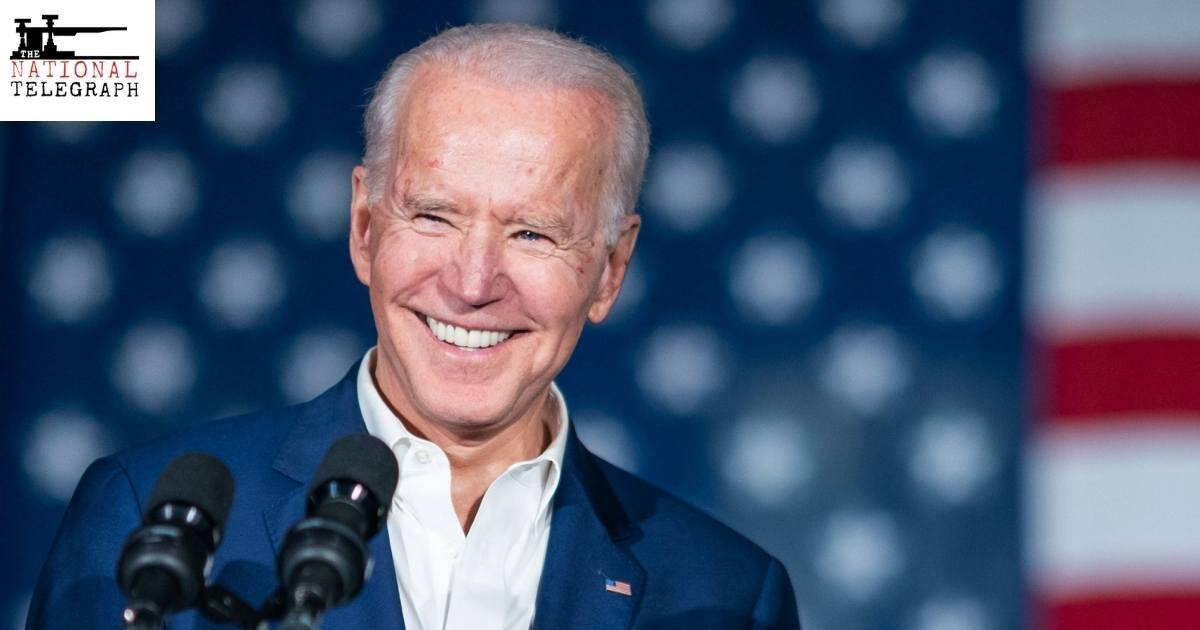Written By Austin Claypool, Posted on January 21, 2021

Over the past two months, the Republican party has been dealt a series of blows. They lost the presidency, and while they expanded their presence in Congress, they lost their majority in the senate. For the next two years, Democrats will have unilateral control over the legislature and executive branch and thus have a clear path forward for their policy ambitions.
While the Democrat’s legislative agenda is a primary concern for conservatives, Joe Biden’s administration will play a significant role in guiding the policy objectives of Democratic lawmakers and influencing public opinion. Right now it’s not entirely clear exactly how the political landscape will change under a President Biden, but we have plenty of information to make inferences from.
Compared to the last Democratic President, Barack Obama, Biden, at least at the time of his inauguration, is certainly more of a known quantity. When Joe Biden announced his candidacy in April of 2019 and joined the DNC primary race I was under the impression that his strategy would be to outflank his more progressive competition with a moderate platform.
While, for the most part, this was the case, after clinching the nomination he has committed to supporting Bernie Sanders’ radical agenda items. Typically we see this cycle play out the other way around. Candidates tend to adopt more radical positions to capture the ideologically-driven vote of their respective party during the primaries, before moderating in the general election to attract voters in the middle.
Hoping to garner broad, bipartisan support, Obama promised moderation and collaboration when he ran for president in 2008. His campaign focused on unity; reaching across the aisle and doing what he could to heal America’s past wounds. However, once in office Obama sought policies that were more radical than the reputation he ran on. Waiting until after the election to reveal these objectives was a conscious decision and points to a sensitivity that Obama had for political popularity. Walking this line, Obama ensured that his own progressive policy objectives and rhetoric remained popular with the general public.
This was the case until 2014 when President Obama’s agenda was understood better by the American people. Issues like executive-amnesty, the Affordable Care Act, and his handling of the economy fueled conservative turnout during the 2014 midterm elections, which saw Republicans capture majorities in both the Senate and Congress.
After a slow-drip of Obama’s policies over six years, Americans finally had enough of it. Joe Biden’s openness to suggestion and willingness to support radical policies will accelerate this process dramatically. Biden and the Democrats have openly voiced support for far-left social and economic policies and done so extremely early into their tenure. Earlier this month, Biden proposed the idea of discriminating based on sex and race in the future stimulus. This will set the stage for a repeat of 2014, especially if Democrats remain on this course.
Looking forward to the 2022 midterms, Republicans should focus their efforts on rebuilding, consolidating, and messaging. A Democratic party free to pursue their own excesses will no doubt lose general support, giving Republicans a vital opportunity. Republicans need to make use of every Democratic misstep and highlight every instance of progressive exorbitant over the next two years.
Radicalism has also been an issue when it comes to liberal messaging. Millions of Americans have been maligned over the past four years for supporting President Trump. This is an activity that the media have continued to pursue even more enthusiastically since the Capitol building riots.
Increasingly, in the last days of the Trump administration, his supporters, voters as well as anyone who agreed with his administration’s policies or objectives have been villainized. Personal attacks against such a large portion of the American electorate will no doubt earn the Democrats and mainstream media life-long enemies. Come 2022 this segment of the electorate will be highly motivated, and having burned the last of their bridges, Democrats will have no way of appealing to them.
No doubt, the next two years will have their fair share of challenges. It is worrisome to see so many radical ideas work their way into the Democratic platform, but the American system was designed to be robust and capable of weathering periods of poor governance. This is a time for conservatives to be prepared to appeal to our liberal friends and use Democratic failings as teaching opportunities. Ultimately, our goals need to run deeper than having politicians from our team hold elected office. We need to advocate for conservative principles, in both political and cultural spheres.
Very well presented. Every quote was awesome and thanks for sharing the content. Keep sharing and keep motivating others.